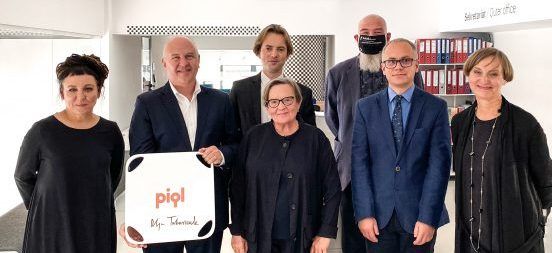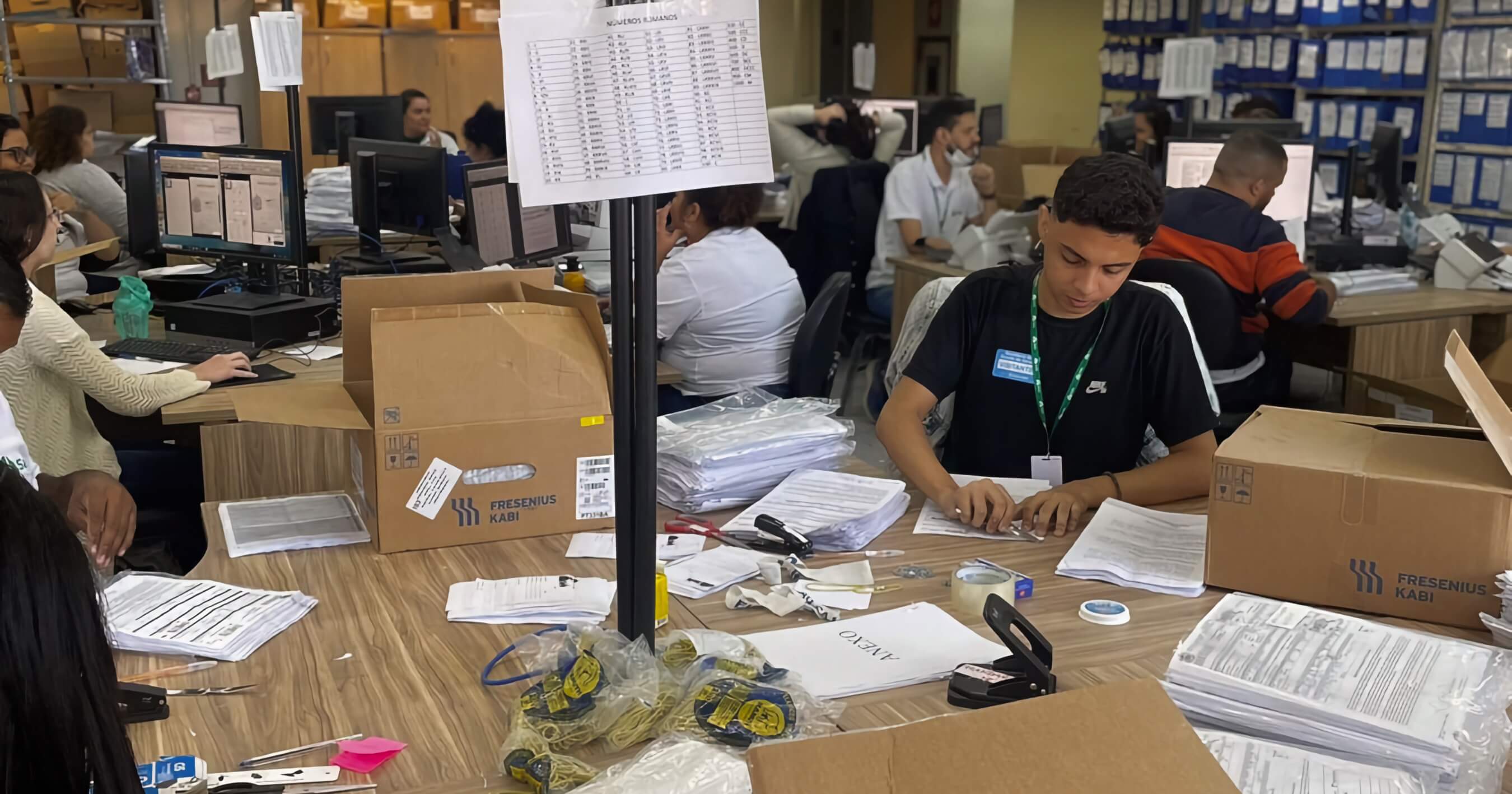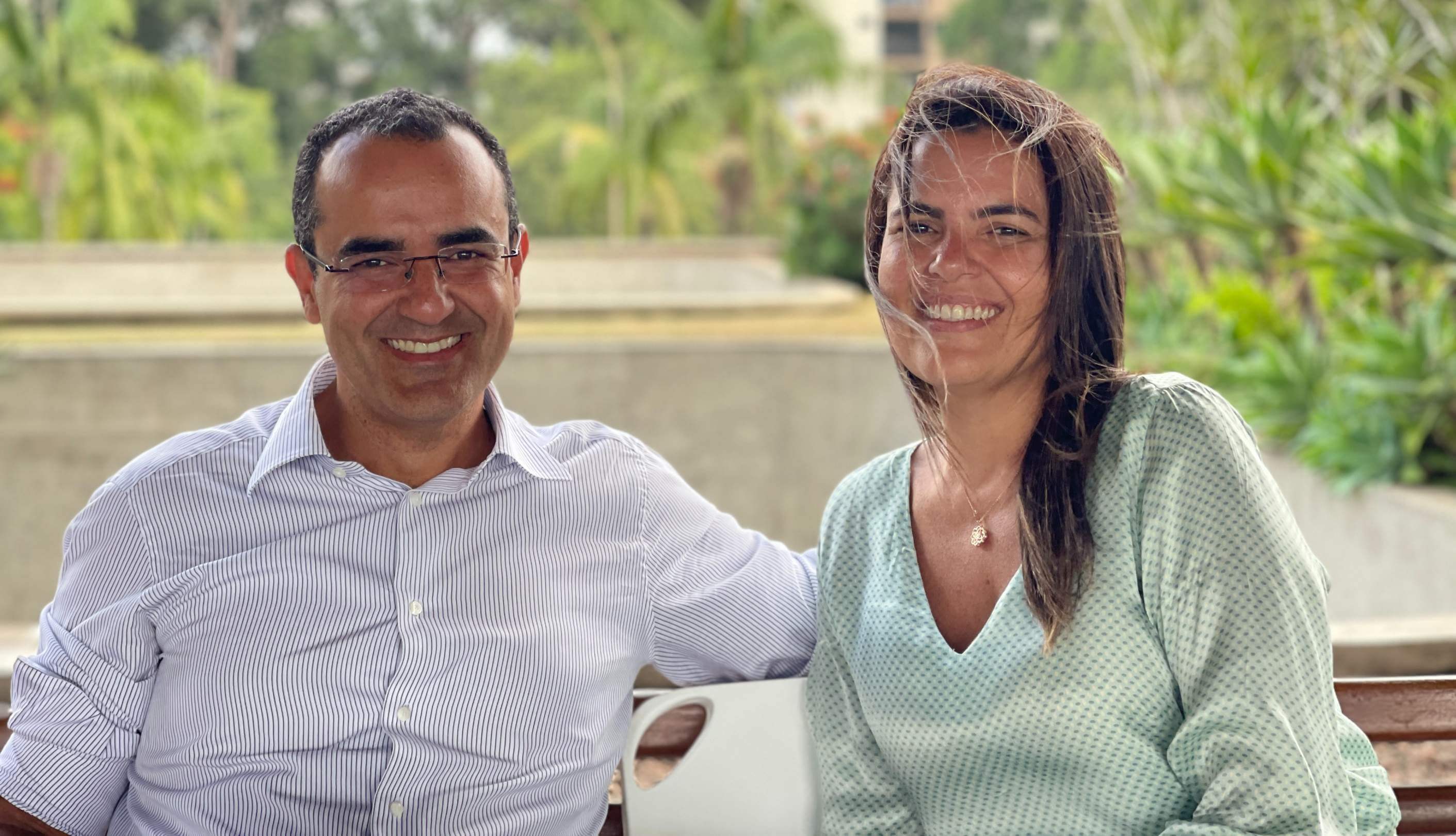Nobel Prize laureate stores life’s work in the Arctic World Archive

Coinciding with the Nobel Peace Prize announcement for 2020, Piql is thrilled to announce the first Arctic World Archive (AWA) deposit from a Nobel Prize laureate.
Olga Tokarczuk, Literature laureate from Poland, has stored her life’s work of 14 books on piqlFilm in the safety and security of AWA, for perpetuity.
This project was made possible through the efforts the Olga Tokarczuk Foundation and Literary Publishing.
This decision comes less than a year after the Swedish Academy announced the Nobel laureates in the field of literature.
“This is, in a way, a natural step which, apart from the Nobel Prize awarded last year, ensures the survival of Olga Tokarczuk’s works. Thanks to this technology, it will remain safe.”
- Anna Zaremba-Michalska, President of the Management Board of Wydawnictwo Literackie (Tokarczuk publishers since 2001), which financed the storage of the AWA deposit
“Together, we made sure that our founder’s books could survive any catastrophe and be an inspiration also for future inhabitants of the Earth."
- Izabella Kaluta, Vice President of the Olga Tokarczuk Foundation.
Piql, the technology behind perpetual digital storage
The Arctic World Archive was founded in 2017 by the Norwegian company Piql AS, which in 2002 developed an innovative technology of transforming 35-millimeter photosensitive film into a digital data carrier.
This innovative method is a response to the changing needs of the digital revolution. Global digital assets double every 2 years, about 10% of hard drives fail after 4 years, the cost of digital data security is increasing every year.
piqlFilm is currently the safest and most durable data carrier in the world, tested to survive for over 500 years.
Piql services are offered around the world through a network of trusted partners. This deposit was arranged through Piql Poland and is the first polish deposit in AWA.
The Arctic World Archive
AWA is located 300 metres inside a decommissioned coal mine on the remote Norwegian Island of Svalbard, holding digital treasures from around the world.
Svalbard was chosen as the location for a global memory repository, for its status as a declared demilitarised zone by 42 nations, offering both geographical and political stability. Further, the cool dry permafrost conditions increase the longevity of the stored data.
In this era, much of our heritage is stored digitally and, despite best efforts to protect it for the future, it can be exposed to risks, either from the online environment or just from the limits of modern storage technology.
The combination of resilient long-term storage technology and the safety offered by AWA, data will live on into the distant future.
These literally works join manuscripts from the Vatican Library, political histories, masterpieces from different eras (including Rembrandt and Munch), scientific breakthroughs and contemporary cultural treasures among many other treasures in AWA.
More information:
This project was supported by EU Horizon 2020 project piqlFilm-GO.


